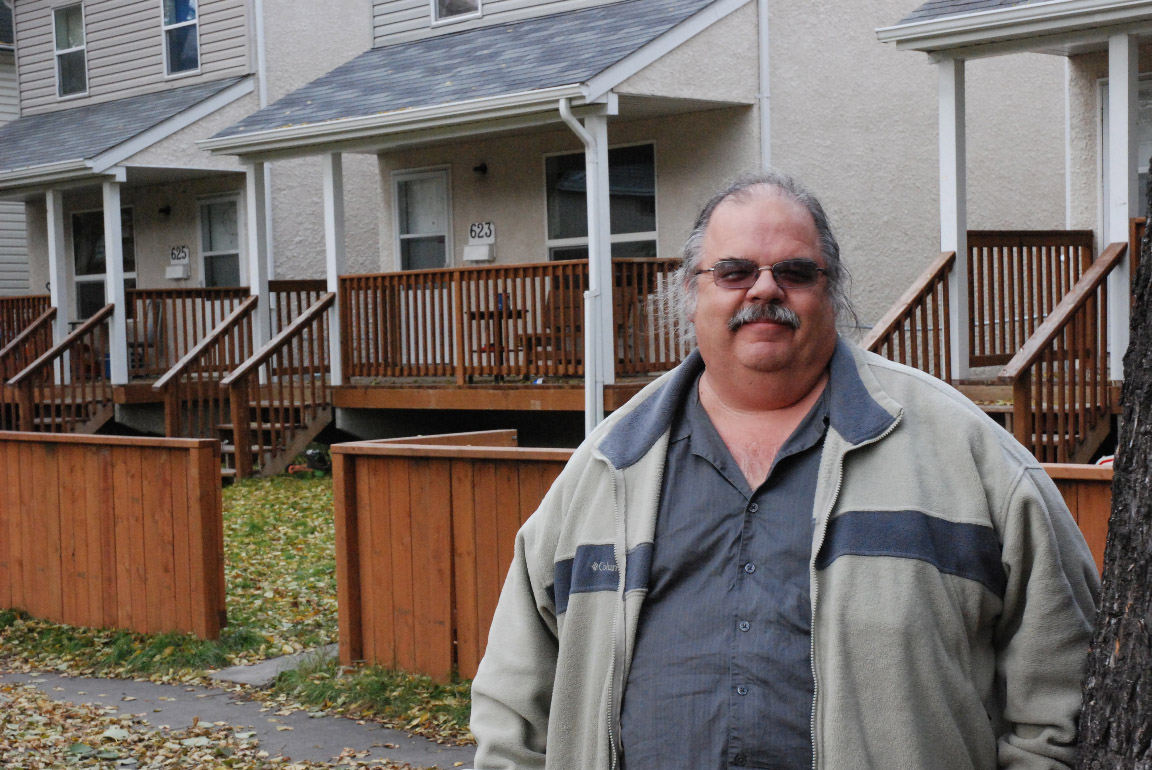How Kinew Housing provides a model for subsidized housing in Canada
With the cost of living on the rise, it’s becoming even harder for low-income Canadians to make ends meet. Kinew Housing, a valued member of ACU’s Community Financial Centre (CFC), has been helping Indigenous individuals and families in Winnipeg find secure tenancies, providing a model for subsidized housing across Canada.

Kinew Housing has been tackling the lack of affordable housing in Winnipeg for decades. Incorporated in 1970, the nation’s first Indigenous-led non-profit urban housing corporation has a mission to offer affordable housing to Indigenous people in the city.

“Kinew Housing was founded by a group of people who saw how bad housing conditions and discrimination were in Winnipeg, so they bought a few houses and rented them out at cost,” said Lawrence Poirier, manager of the organization.
This evolved into a social housing program that has grown to over 400 units throughout the city. Most are single-family dwellings, with rents based on total gross family income.
“We provide housing to more than 400 low-income Indigenous families,” said Lawrence. “It’s a place that people can call home, for further education, for raising families. Sometimes tenants move on to bigger and better jobs or even purchase their own homes. But in order to do that, they need to have a stable home.”
Providing homes in Winnipeg for those who need them most
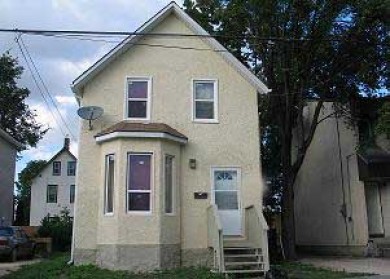
Initially, Kinew purchased older homes with private funding, and then repaired and renovated them. They also developed training programs so tenants could do some of the work themselves, which helped to keep costs down.
Funding was eventually made available through social housing programs from the federal government and the Canada Mortgage and Housing Corporation (CMHC). In the 1980s, Kinew began buying newer homes in newer parts of the city, which required fewer repairs and renovations.
But in 1993, the federal government and CMHC ended its social housing programs, in favour of building shelters and ‘affordable’ housing. These new programs did not address the needs of individuals and families living on lower incomes, fixed incomes and social assistance. As a result, the unhoused population in Winnipeg increased, even as older vacant homes deteriorated and had to be boarded up or demolished.
Addressing the gap in affordable housing
To address this gap, Kinew Housing built another 30 homes from 2005 to 2009. Qualifying tenants could leverage the rent supplement program from the Province of Manitoba, which subsidizes the difference between the rent-geared-to-income rate they could afford and the approved market rental rate charged by the landlord.
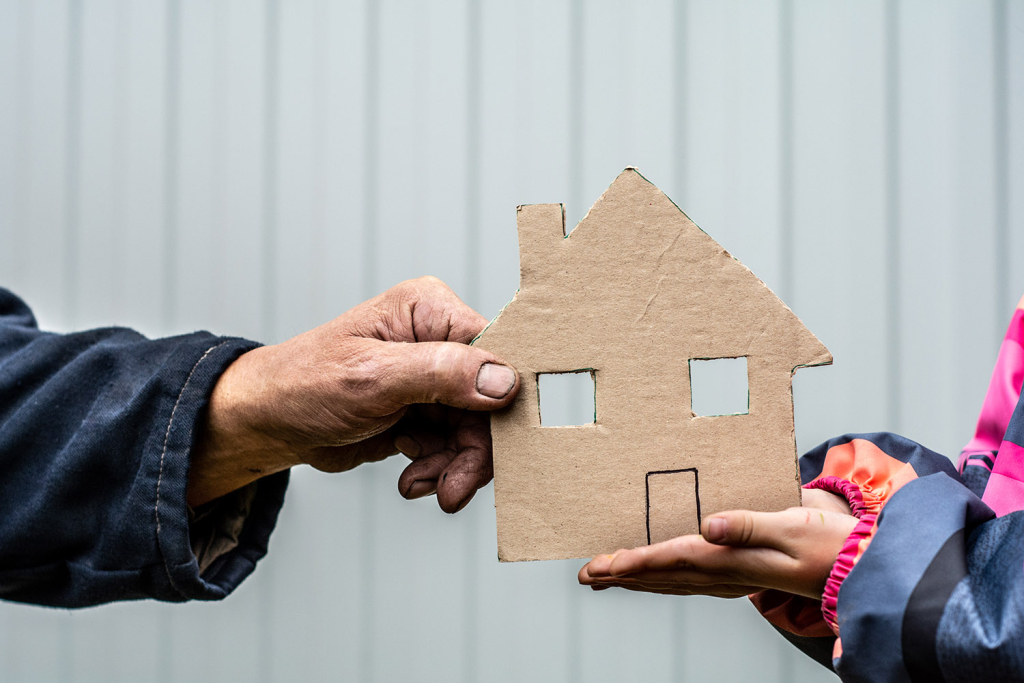
But mortgages for these houses were difficult to obtain from a traditional bank. “With the non-profit nature of our work, we don’t fit into traditional banking, which is based on net operating income,” Lawrence explained.
That’s where ACU was able to help.
An unconventional approach to financing
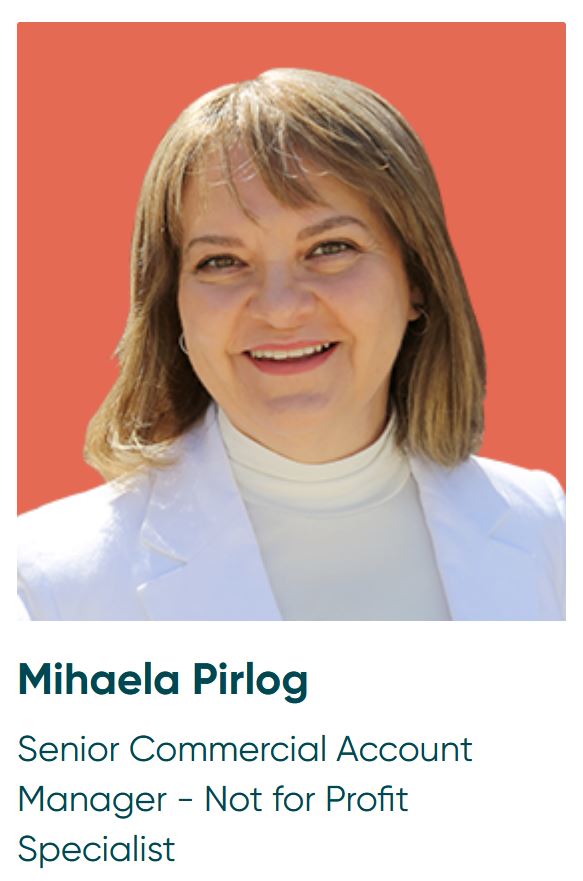
Kinew became a valued member of ACU’s Community Financial Centre (CFC), which focuses on services for small businesses, start-ups, non-profits, co-ops and social enterprises. The CFC team understands the challenges organizations face in accessing capital necessary to provide affordable housing and build stronger communities.
CFC offers more than financial expertise and tools. It provides creative problem-solving and an unconventional approach to financing, including strategic grants in partnership with the Co-operative Housing Federation of Canada and The Manitoba Non-Profit Housing Association.
Kinew’s work positively impacting the communities it serves aligns with ACU’s work as a co-operative with a triple-bottom-line commitment to People, Planet and Prosperity.

Building better futures in Winnipeg
While there continues to be a need for subsidized housing in Winnipeg, Kinew is creating secure tenancies and helping people get on their feet so they can eventually move out of subsidized housing and into their own homes.

Lawrence remembers one woman in particular, who was excited to be the first person to put dishes in the cupboards of her brand-new house. She stayed there for about three years while taking post-secondary education, and was then able to get a steady job matching her skills in Edmonton.
“Those stories make it all worthwhile,” he said.
Thanks to its relationship with ACU, Kinew bought and renovated a building to use as its headquarters. Prior to that, they rented a number of different buildings over the years.
“Now we’re in our own building,” Lawrence continued. “With the help of ACU we’re able to finally put our own roots down, and we love it here. It’s a good neighbourhood and we’ve become part of the community as well.”
Kinew’s success in helping countless people has made it a model for the creation of more urban Indigenous non-profit housing societies across Canada.
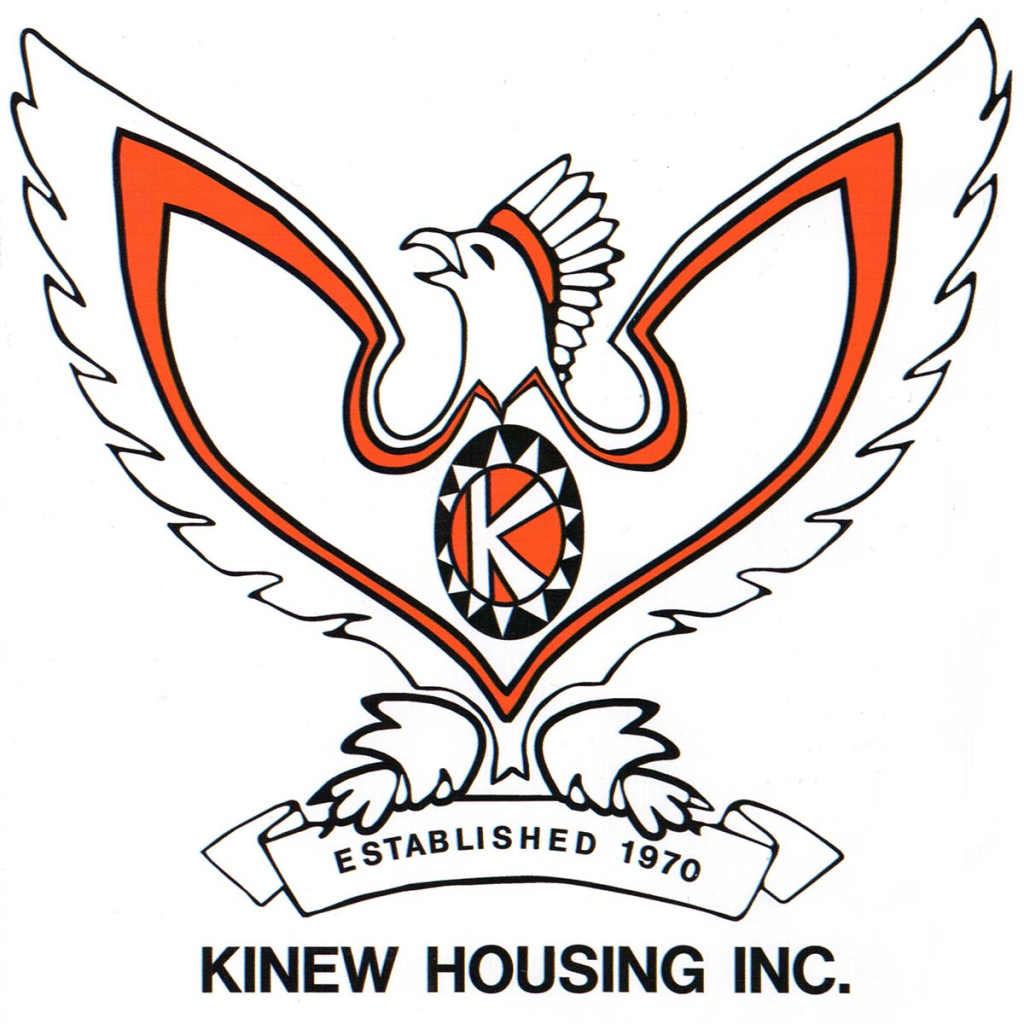
Learn more about Kinew Housing’s history and ACU’s Community Financial Centre.
Up Next
Sustainability: How ACU is turning words into action
A hand holding a seedling
For ACU, Pride radiates outward
“I’ve always wanted to instill a change in the world for the better,” says Cristina McCourt, Financial Account Manager Trainee and member of the ACU Pride Committee, an employee-led resource…
Royal Aviation Museum travels to its final destination—with ACU’s help
A stone’s throw from the main terminal of Winnipeg Richardson International Airport you’ll find one of Canada’s hidden gems, where the airplanes are a little more exciting than your typical…
